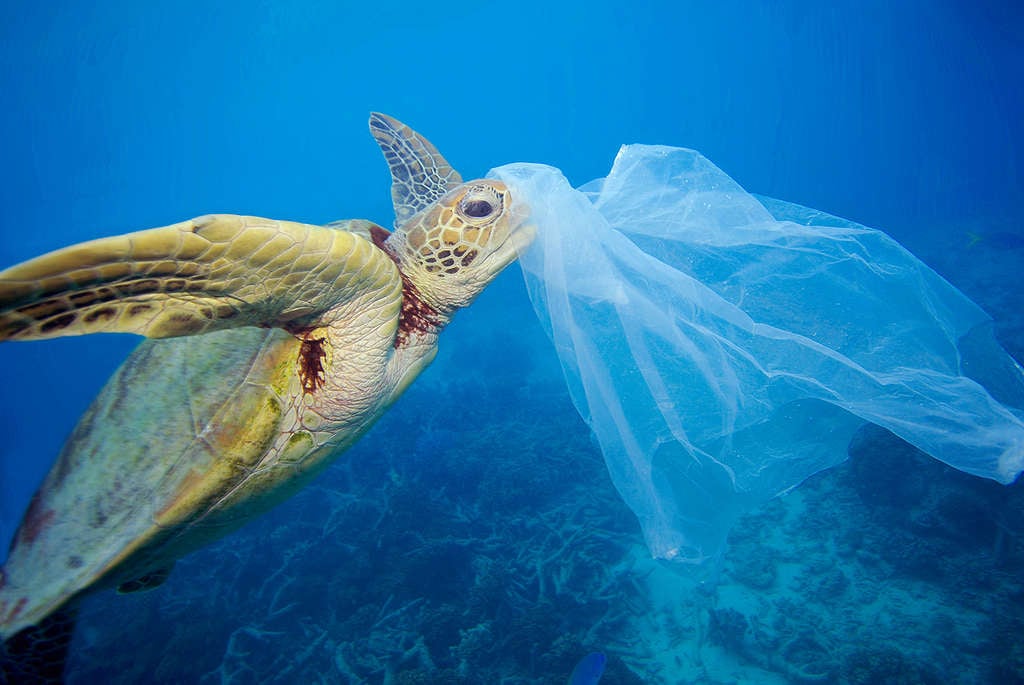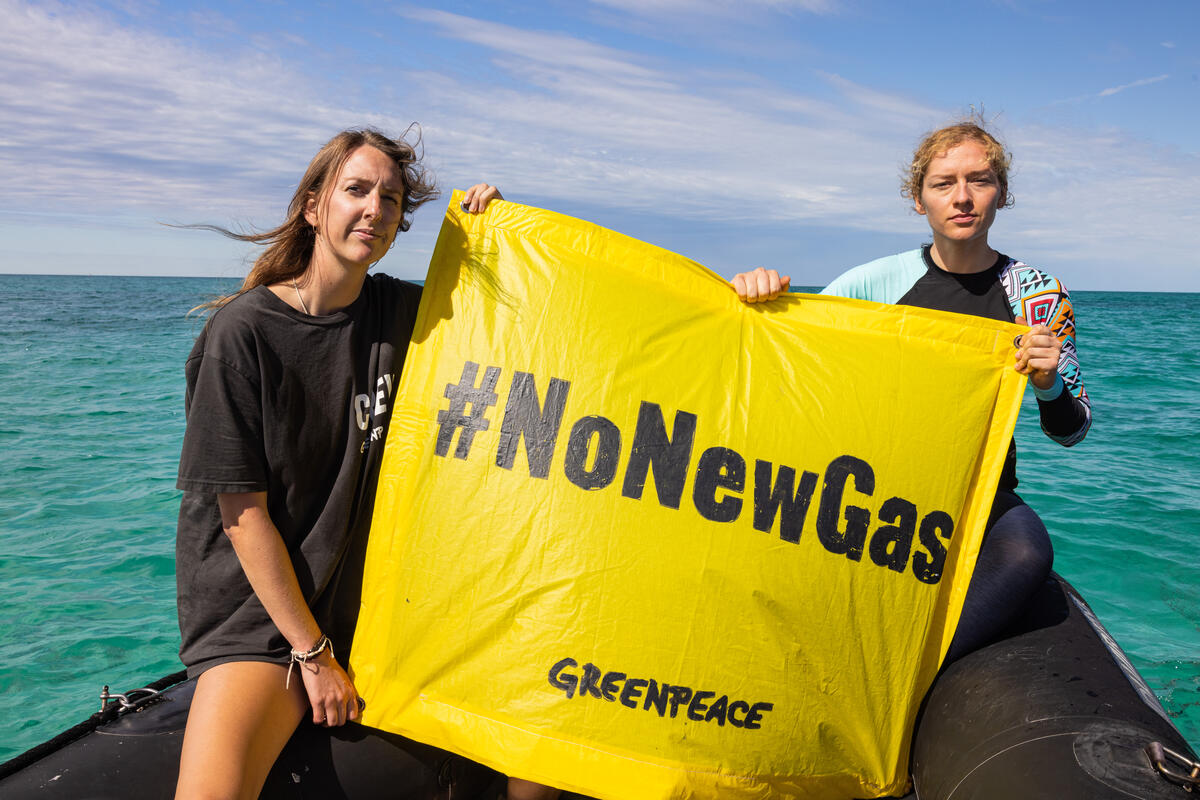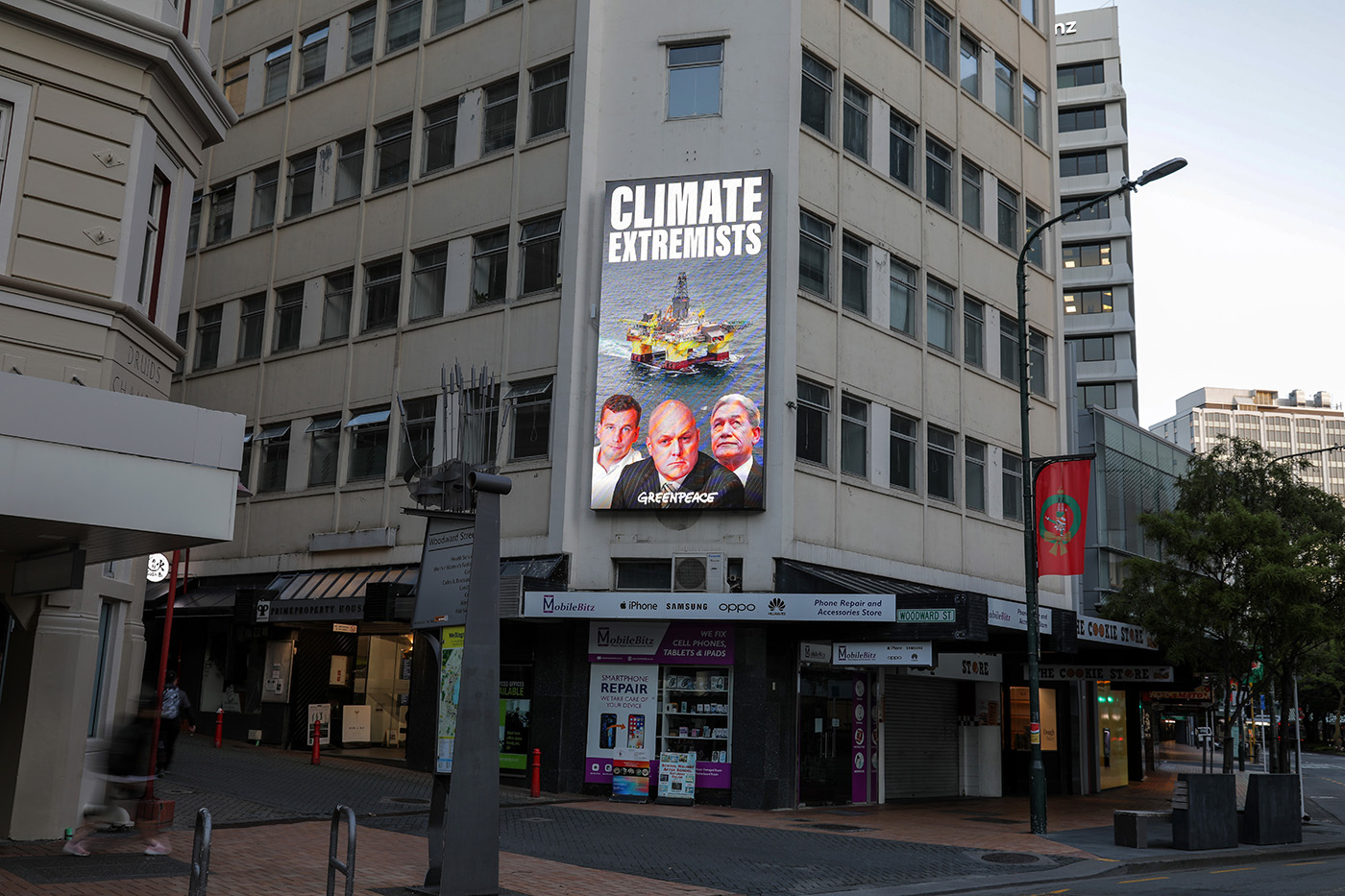As electric vehicles and cheap solar panels cut into the demand for petroleum-based fuels, an increasingly desperate oil industry has been banking on plastics to drive future demand growth.
Here are three reasons why the logic behind this is flimsier than a cheap plastic bag.

Bad press: The petrochemical industry has been aware of the general problems with plastic pollution since at least the 1960s and that the oceans are filling up with plastic garbage since at least the 1970s. It is only recently, however, that this has been in the media spotlight. Plastic has turned into a real monster. We used to see litter as annoying, and dirty, but not really as a menace to our health and to our planet. Now, images of turtles caught in plastic rings, or whales full of single-use cups and bags washing up on our shores are impossible to ignore. Reports of plastic in our drinking water and even in our poop are turning people off plastic. For far too long, corporations have put the onus on individuals to recycle away their trash, but people are starting to realize that industry needs to clean up the mess they created — and stop producing throwaway plastic for good.

Regulations on the way: All this attention is leading to bans on single-use plastics popping up all over the place. Last fall, the European Union took a historic stand against single-use plastic pollution banning some of the most problematic throwaway products, including cotton buds, straws, cutlery and food and beverage containers, and ensuring producers are held accountable for the costs of single-use plastic pollution. Plastic straws as well as foam take-out containers and cups will soon be banned from Vancouver as part of its zero-waste strategy. NZ has banned single-use plastic bags. It seems like only a question of time before most countries get on board and realise that in order to curb plastic pollution, we need to ban problematic and unnecessary single-use plastics, incentivise a shift to more sustainable product delivery systems and hold corporations accountable for the full lifecycle of their products. Industry beware. Even BP admits these new rules could reduce the future demand for oil, and they have a long history of lowballing the potential growth of alternatives to what they sell.

Successful action on climate change makes plastic more expensive: This one is a bit more convoluted, so bear with us (longer version here). When oil companies drill for oil or natural gas, they are extracting a whole range of chemicals. The most valuable components of oil are turned into gasoline, diesel or jet fuel, while the most valuable component of natural gas (methane) is used in power plants or for home heating. Plastics are made from the leftover bits that aren’t particularly good fuels. If these bits weren’t turned into disposable bags, bottles and cups, then industry would have to pay to dispose of them.
In short: plastic is cheap because we burn a lot of fossil fuels. If we burn less gasoline, diesel or natural gas (and meeting the Paris climate agreement requires phasing out fossil fuel use by mid-century), then there won’t be such a glut of waste products to turn into plastics. This becomes a virtuous cycle because as the cost of making plastic rises, alternatives become more attractive.
So by bringing your own reusable coffee mug, or bugging your local coffee shop or supermarket to ditch single-use plastics, you’re doing a lot more good than you think. You’re not only helping to save our oceans, you’re also telling oil companies hoping that the booming single-use plastic industry will pick up the slack and keep profits up, to think again.
Want to help end the Age of Oil?
Ask the big corporations to Break Free from Plastics.
This blog was co-authored by Philippa Duchastel de Montrouge, from Greenpeace Canada’s Oceans & Plastics campaign and adapted slightly for New Zealand.

Globally, 380 million tonnes of plastic are produced each year. Coca-Cola is the worst plastic polluter. With your help we can push the government to increase refill and reuse options to meet this global crisis.
Take Action

